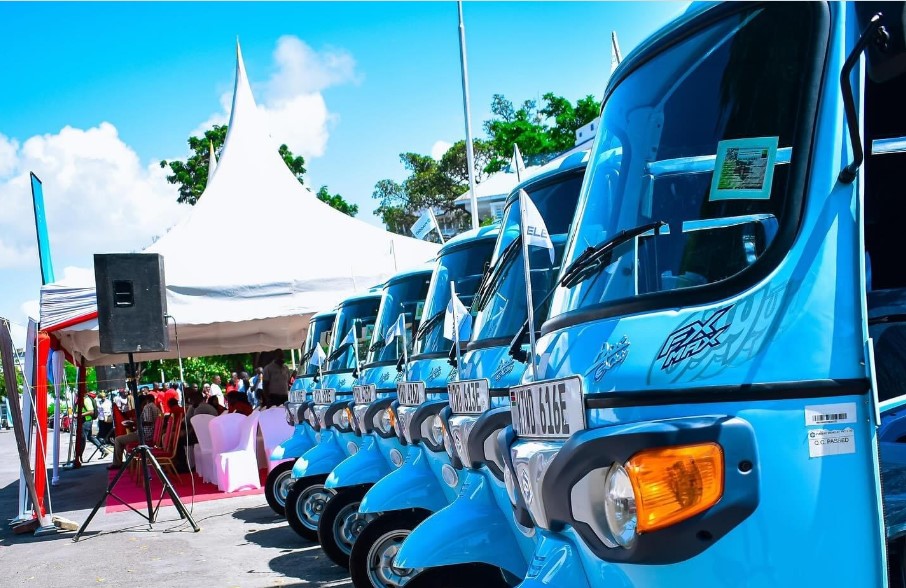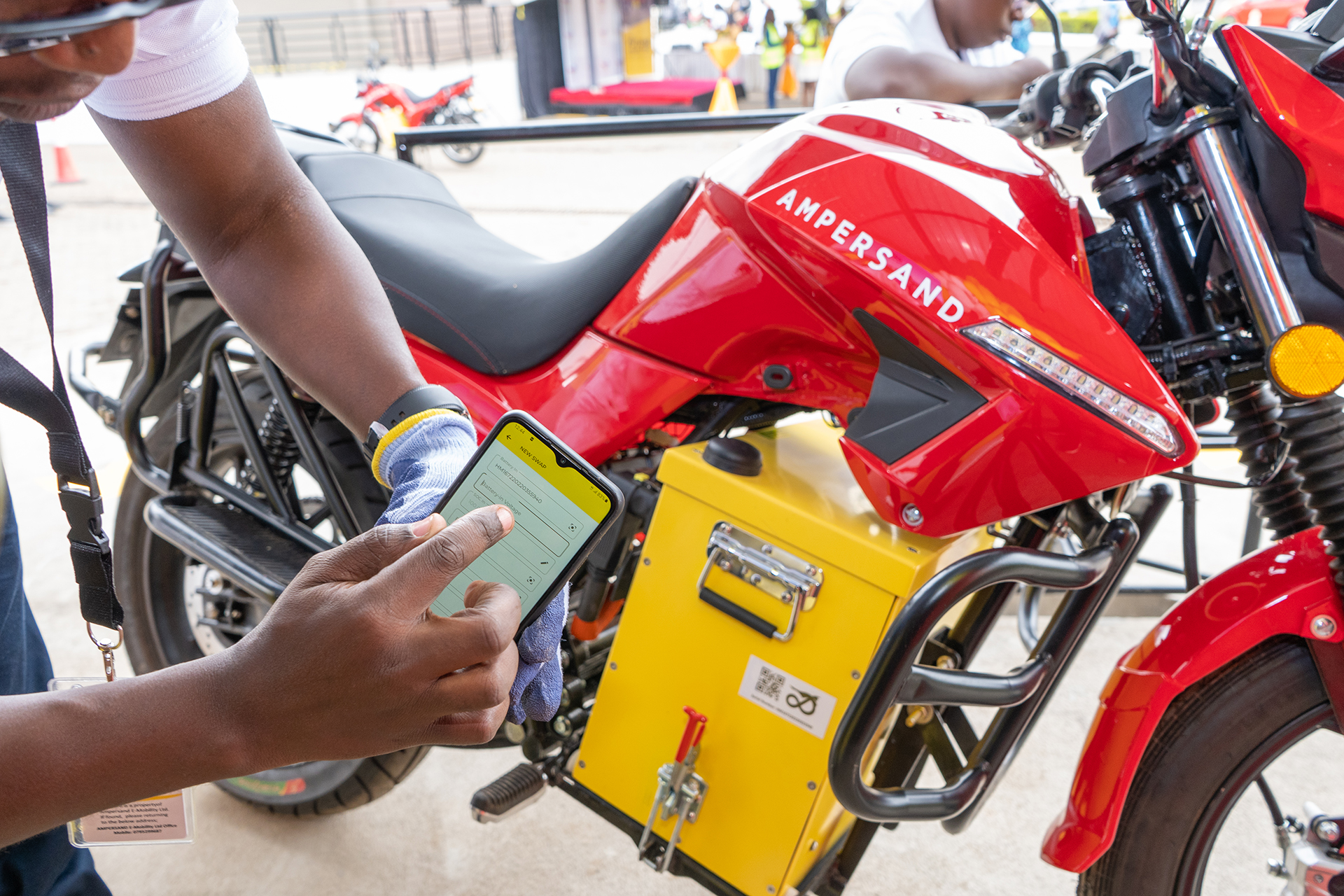Metro Africa Xpress (MAX), a Nigerian mobility financing startup, has laid off about 150 employees, roughly 30% of its workforce.
The layoffs happened in January 2025 as the company shifts to financing only electric vehicles (EVs) in Nigeria, Ghana, and Cameroon.
MAX previously financed both electric and fuel-powered vehicles under a rent-to-own model.
A company spokesperson said the layoffs were necessary for this transition. MAX aims to finance 120,000 EVs, three times the total number of vehicles it financed in 2024, with 5,000 EVs expected in the first quarter of 2025.
Many employees were caught off guard by the layoffs. One former employee said they first thought it was a performance-related issue until they realized it was a mass layoff.
The terminations were immediate, and no financial severance was provided. MAX said it appreciates the contributions of those affected and is offering health insurance and job placement support but did not confirm the exact number of layoffs.
MAX has also introduced cost-cutting measures, such as reducing energy use and limiting generator reliance in its offices.
A senior employee said these steps align with MAX’s goal of lowering its carbon footprint.
The company confirmed these changes, saying it is investing in energy sources for its locations and battery swap stations.
MAX has been growing its EV presence. In November 2024, it partnered with PASH Global, an impact investment firm, to build a $10 million network of EV charging stations in Nigerian cities.
While MAX once manufactured its own electric motorcycles, it now sources them from manufacturers like Spiro.
A company source said each vehicle costs about $900, a major investment given MAX’s target of financing 120,000 vehicles.
HAVE YOU READ?














